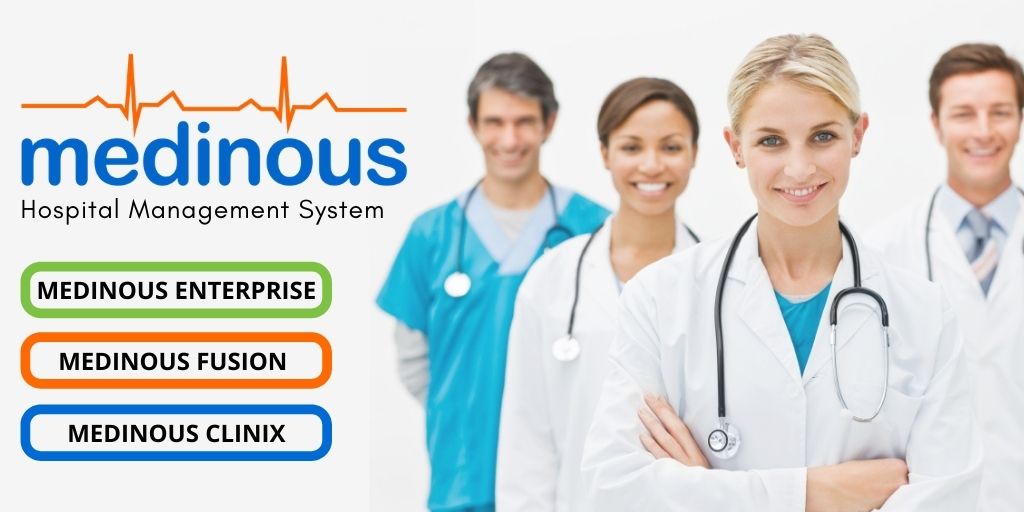When patients enter hospital premises, the first thing that revolves around their mind is the need for a good experience. Well, it isn’t about parking or about the waiting time. It is more about the way they feel as they enter the healthcare institution.
Do patients experience peace when waiting for their turn with the physician? Are they getting the best in terms of customer experience? These are some of the best and biggest drivers that could add to the patient experience.
Why exactly is patient experience important?
In times of a pandemic, or even in a normal scenario, your patients must place their faith in your services. Here are a few reasons that make the patient experience so important:
To prepare your patients:
When going ahead with an appointment or procedure in the medical facility, patients are rarely aware of what to expect. This could either lead to an overwhelming reaction or no reaction at all. To avoid issues such as anger, shock, or confusion, a healthcare application can keep them informed before, throughout, and even after the procedure. The app can keep them pre-briefed and ensure that they are aware of the process and come in prepared.
Updates on any changes:
Another reason why patient experience is so important is the fact that any change, whether positive or negative, in your institution might or might not be welcome by your patients. To ensure that you are on the same page with your patients, you can conduct a pre-implementation survey to ensure their approval. Further, you can also get inputs on aspects that are on the priority list of your patients while focusing on exactly what is necessary to keep them happy and healthy.
Patient satisfaction drives consumer demand:
Patient expectations with regards to experience have surely changed a lot in the past few years. Clinical outcomes are important, but so is patient satisfaction in terms of experience. Today, customers have become digital-centric as well as self-reliant in terms of technology. This means you need to update your protocols as per demand and stay in sync with your customers to ensure positive feedback in terms of patient satisfaction.
Here is how it can be improved through integrated healthcare applications:
Upgraded Communication:
With no healthcare application in place, the opportunity to communicate with patients is minimal. However, with a reliable digital health application, you can get in touch by phone, email, or even text to help set appointment reminders. Not just that, a good healthcare application allows you to maintain constant communication with a possibility for 24/7 interaction. Further, with a dedicated application, you can respond to messages and comments sent by the patients over social media channels.
Cleanliness Monitoring:
Sanitization and cleanliness are of the highest priority when it comes to healthcare facilities. This is especially true during the pandemic scenario. With a healthcare application, hospital owners can keep track of the sanitization and supervision duties to ensure that everything is being done on time.
Further, a healthcare application would allow the supervisors to know about their duty hours and update the same accordingly. A bad parking lot or a dusty countertop might not be risky for your patients but can surely set a precedent for the general quality and cleanliness standard.
Quality Standard Communication:
When under-diagnosis or before being operated on, patients need to be aware of everything they might experience, including the positives and negatives associated with the treatment protocol. Even if you do not have the exact amount of time to explain things in detail, an application in place will help you send in the information with ease while helping you as well as your patients.
Conclusion
Given the current competition, addressing the patient experience needs has become a vital part of any healthcare facility. Modernization has made patients expect technologically advanced and personalized healthcare. This has left the hospitals with no choice other than to accept measures that would help match patient expectations. When a healthcare provider manages to strike a balance between machine and human usage, he/she reaches the peak. The key is to never ignore patient feedback and deliver prompt, reliable, and accurate care. The need of the hour calls for the implementation of efficient systems to ensure patient satisfaction.



